Teaching nutrition is easy — truly educating someone to apply it is what sets us apart. At IC Fitness Club, we don’t just give knowledge; we build confident, practical Nutrition Coaches.
Deepak Bhardwaj
Who is a Sports Nutritionist | Dietician?
A Sports Nutritionist is a specialized Dietician. Sports nutritionists are qualified professionals who have in-depth knowledge about nutrients, their functions, and their requirement in the body.
Sports Nutritionists study Sports Nutrition and help an athlete to maximize their performance and to achieve their goals without having a deficiency of any nutrients.
Basically, Nutrients boost performance however if there is a deficiency, performance will go down.
What is Their Job?
Sports Nutritionists provide the diet plan to all athletes or to a common sedentary person according to their needs and their body’s requirement.
Course Details
- Course Duration: 4 months / 16 Weeks
- Class Hours: 60+ Hours Live and Interactive Learning
- Course Fees: INR 18,500/-
- Holi Offer Price: INR 10,000/-
(Limited Time Period Offer)
- Placements: 100% Job Assistance, Full Fee Refund Policy. T&C Apply
- What’s Included in the Fees:
- Comprehensive Study Material
- Enrollment Fees
- Examination Fees
- Full Course Fees (No hidden charges)
- Learning Modes Available:
- Online: Flexible and self-paced learning.
- Hybrid: A blend of online modules and in-person practical training.
- Offline: Fully in-person sessions at certified training centers.
- Certification Validity: Lifetime Validity
- Globally recognized certification to advance your career opportunities
- Ideal For:
- Beginners aiming to start a career in fitness training
- Fitness enthusiasts looking to turn their passion into a profession
- Professionals seeking to upgrade their knowledge and skills
Get Free Demo Lectures Here
What is the Scope of a Sports Nutritionist?
Today being a sports nutritionist has become a trendy field to opt it as a career. As today not only sports person needs diet plans, rather even a sedentary person needs a diet plan to live a healthy life.
Nowadays, Obesity, Diabetes, Hypertension, thyroidism, Osteoporosis, and Cardiovascular Diseases are rising very rapidly across the globe.
According to WHO (world health organization), the Obesity rate has nearly tripled since 1975, 39 million children under the age of 5 were overweight or obese in 2020 and Over 340 million children and adolescents aged 5-19 were overweight or obese in 2016.
To counter all these diseases everyone needs an appropriate diet plan to follow.
A Diet plan contains all the required nutrients in the appropriate amount to perform the body functions from the trace minerals to the macronutrients.
How to become a Sports Nutritionist?
If someone wants to build a career as a sports nutritionist, he can pursue a diploma course in Sports Nutrition.
IC’s Diploma in Sports Nutrition Course is one of the best courses to pursue, it covers the basic to advance knowledge about all the nutrients varying from macronutrients to trace minerals.
Responsibility of a Sports Nutritionist
As a sports nutritionist, your responsibility is to help athletes optimize their nutritional intake to enhance their athletic performance and overall health. Here are some specific responsibilities of a sports nutritionist:
- Conducting assessments: You should conduct a thorough assessment of an athlete’s diet, medical history, lifestyle, and athletic goals to develop a personalized nutrition plan that meets their individual needs.
- Creating nutrition plans: Based on the assessments, you should create a nutrition plan that is tailored to the athlete’s specific needs. This may involve developing meal plans, recommending supplements, and providing guidance on proper hydration.
- Monitoring progress: You should regularly monitor the athlete’s progress and adjust their nutrition plan as necessary to ensure they are meeting their goals and needs. This may involve conducting periodic assessments, analyzing blood work, and tracking performance metrics.
- Providing education: You should provide education and resources to help athletes understand the importance of proper nutrition and how to make healthy food choices. This may include providing cooking demonstrations, hosting seminars, and offering educational materials.
- Staying up-to-date: You should stay up-to-date on the latest research, trends, and best practices in sports nutrition to ensure that your recommendations are evidence-based and effective.
It is important to note that as a sports nutritionist, you should always operate within your scope of practice and refer clients to other healthcare professionals as needed.
Number That Speak For Us
Sports Nutrition Course (SNC) | Dietician Course
IC’s Sports Nutrition Course in Delhi India is the best course to become a certified sports nutritionist. This Sports Nutrition Course provides in-depth knowledge of macro and micronutrients. It comprises the actual facts and the latest scientific research regarding nutrition science and the food one consumes. In addition, IC’s Nutrition Course provides in-depth knowledge about Macro and Micro Nutrients & their requirement in the body for a specific Sport and need.
A sports nutrition course covers the following topics:
- Basics of nutrition and metabolism
- Macronutrients and micronutrients
- Energy balance and weight management
- Nutritional needs of athletes
- Hydration and fluid balance
- Supplements and ergogenic aids
- Dietary practices for performance and recovery
- Meal planning and food preparation for athletes
- Nutritional assessment and monitoring
- Specialized diets and considerations (e.g. vegetarian, gluten-free)
Nutrients are substances in food that are necessary for the growth, maintenance, and repair of the body’s tissues and support of its overall health. There are six main classes of nutrients:
- Carbohydrates
- Proteins
- Fats
- Vitamins
- Minerals
- Water
Each nutrient has specific functions and requirements, and a balanced diet should provide adequate amounts of all necessary nutrients. An adequate intake of essential nutrients can help prevent deficiencies and related health problems, while excessive intake of certain nutrients can lead to health issues such as obesity and chronic diseases.
Proper nutrition plays a crucial role in the prevention and management of chronic diseases such as:
- Cardiovascular disease: A diet high in fruits, vegetables, whole grains, and lean protein, and low in saturated and trans fats can help lower risk.
- Type 2 diabetes: A diet focused on fiber-rich carbohydrates, healthy fats, and lean protein can help regulate blood sugar levels and improve insulin sensitivity.
- Cancer: A diet rich in fruits, vegetables, and whole grains and low in processed foods and red meat may reduce the risk of some types of cancer.
- Osteoporosis: Adequate calcium and vitamin D intake, along with regular weight-bearing exercise, can help maintain bone density and prevent osteoporosis.
- Obesity: A diet lower in calories, saturated and trans fats, and added sugars and higher in fiber, fruits, and vegetables can help maintain a healthy weight.
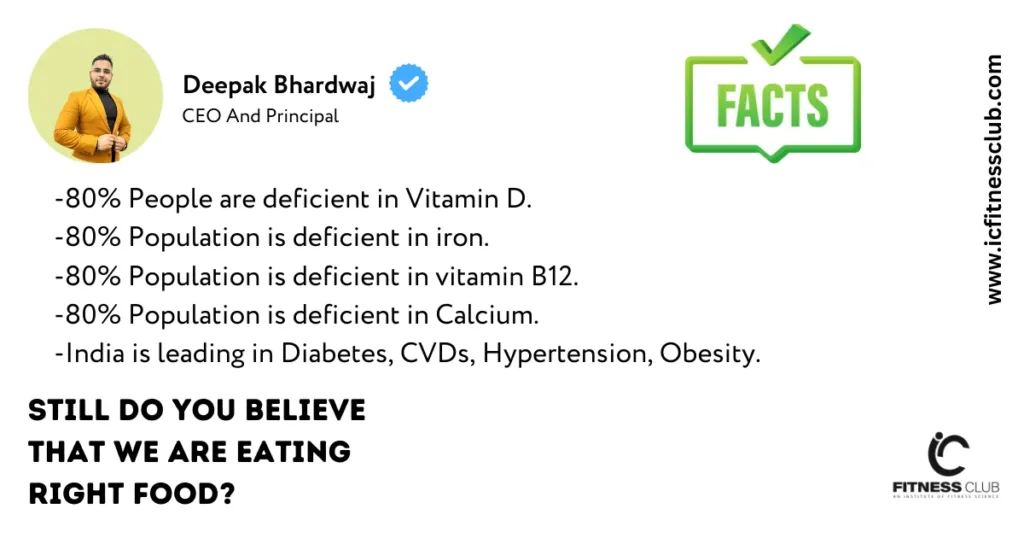
We are not eating the right food.
It’s important to note that diet alone isn’t the only factor in the development of chronic diseases. Other risk factors include physical inactivity, tobacco use, and excessive alcohol consumption. However, proper nutrition and physical activity can work together to reduce the risk of chronic diseases and promote overall health.
The course may also cover current research and trends in the field of sports nutrition, as well as practical applications for working with athletes or active individuals.
Proper nutrition is the key to success in any Sport or to becoming a fit person. Appropriate Nutrition is too much important for the body to perform tasks 100% efficiently and effectively whether the individual is an elite athlete or a common sedentary person.
Furthermore, Muscle Recovery is very much significant in any sport.
Only After having 100% recovery of the trained muscle, a person can perform the workout session with progression again.
Without 100% recovery of the muscles, there will be no progression in the workout and the performance will decline. Thus, Studying Sports Nutrition is very necessary for nutritionists to design an appropriate nutrition plan for an elite athlete or even for a normal sedentary Person.
This Sports Nutrition Course will equip the trainers and nutritionist with the exact and appropriate knowledge about Sports Nutrition to make a well-balanced diet plan for the individuals according to their body’s requirements. After passing this Sports Nutrition Course, trainers will be eligible to issue a diet plan to a sedentary person or to an elite athlete.
How to prepare Muscle gain programs and fat loss programs will be taught in the most simple and effective way in this Nutrition Course.
This sport Nutrition Course provides in-depth knowledge of food selection, macronutrient ratios, micronutrients, and human physiology related to the digestion and metabolism of food.
Duration of Sports Nutrition Course – 5 Months
Syllabus of Diploma in Sports Nutrition Course
| Chapters | Lecturers |
| Physical Fitness | Himanshu Kataria |
| Introduction to Sports Nutrition | Tanya Bhouria |
| Cells and Tissues | Deepak Bhardwaj |
| Digestion of Nutrients (Enzymes Involved, Digestion Passage) | Deepak Bhardwaj |
| Carbohydrates – 1 (Types of Sugar, Regulation of Blood Glucose) | Himanshu Kataria |
| Carbohydrates – 2 (Glycogen synthesis and Restoration Process) | Himanshu Kataria |
| Protein – 1 | Tanya Bhouria |
| Amino Acid – 2 | Tanya Bhouria |
| Fat – 1 | Himanshu Kataria |
| Fatty Acid – 2 | Himanshu Kataria |
Micro Nutrients – (Vitamin & Minerals – Macro Minerals, Trace Minerals, RDA, Functions) | Mohit |
| Fluids – Hyponatremia, Dehydration, Hyperhydration, Hydration Drinks. | Mohit |
| Calorie Counting Method- Calculating LBM(FFM), BMR etc. | Deepak Bhardwaj |
| Understanding Nutrition from Lipo-Static Theory point of View | Deepak Bhardwaj |
| Best Supplements for Strength Training | Himanshu Kataria |
| Best Supplements for Aerobic Exercises | Himanshu Kataria |
| Body Composition | Tanya Bhouria |
| Hypertrophy Tripod | Tanya Bhouria |
| Prescribing a Meal Plan | Mohit |
| Understanding Obesity, Diabetes, Hypertension, Cardiovascular Diseases, and all the metabolic Disorders | Deepak Bhardwaj |
Certifications in Sports Nutrition Course
- Sports Nutritionist Certificate
- First Aid and CPR Certificate
Examination for Sports Nutrition Course
- Theoretical Exam – 100 Marks ( MCQ )
Medium of Classes:
- Online
- Offline
- 100% live and interactive classes
Total Theoretical Lectures: 35
For Upcoming Batch Details


Our News
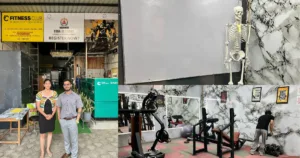
Personal Trainer Certification Course in Karnal
Personal Trainer Certification Course in Karnal | IC Fitness Club 
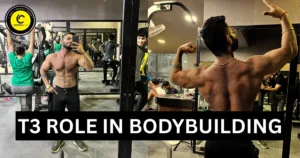
T3 Hormone and Its Role in Bodybuilding: What Every Athlete Should Know
T3 Hormone and Its Role in Bodybuilding: What Every Athlete Should Know When it comes to fat loss, muscle preservation, and metabolic health, few hormones are as important as T3, also known as triiodothyronine. Whether you’re prepping for a show, going through a shredding phase, or simply looking to optimize your physique, understanding the role of T3 in bodybuilding is essential. 

Online Courses at IC Fitness Club: Become a Certified Fitness Professional from Anywhere
Online Courses at IC Fitness Club: Become a Certified Fitness Professional from Anywhere In today’s fast-paced world, flexibility in education is more important than ever — especially in the fitness industry. At IC Fitness Club, India’s premier fitness education platform, we offer industry-recognized online courses that empower you to launch or level up your career as a fitness professional, coach, or nutrition expert — all from the comfort of your home. Whether you’re just starting or looking to advance, our online personal trainer course, online gym trainer course, and online nutrition course are built for real-world success. Why Choose IC

Which institute is best for a fitness certificate?
Best Institute for Fitness Certification – IC Fitness Club Transform Your Passion into a Profession with IC Fitness Club In today’s fitness industry, knowledge is the key to success. Unfortunately, many trainers in India lack proper education in exercise science, nutrition, and injury prevention, leading to ineffective training and common injuries such as golfer’s elbow, shoulder impingement, and slipped discs. At IC Fitness Club, we are on a mission to change this. Our fitness certification programs are designed to produce highly skilled, well-educated trainers who can deliver real results while keeping clients safe and injury-free. Why IC Fitness Club?
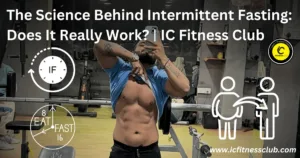
The Science Behind Intermittent Fasting: Does It Really Work?
The Science Behind Intermittent Fasting: Does It Really Work? | IC Fitness Club Intermittent fasting (IF) has gained immense popularity in recent years as a powerful tool for weight loss, improved metabolism, and overall health. But does it really work? Let’s explore the science behind intermittent fasting and its impact on the body. What is Intermittent Fasting? Intermittent fasting is an eating pattern that cycles between periods of fasting and eating. Unlike traditional diets that focus on what to eat, IF focuses on when to eat. The most common IF methods include: 16/8 Method: Fasting for 16 hours and eating

Testosterone Cypionate vs. Enanthate vs. Propionate: Key Differences and Uses
Testosterone Cypionate vs. Enanthate vs. Propionate: Key Differences and Uses Testosterone is the primary male androgen hormone responsible for muscle growth, fat loss, and overall vitality. Among the different esterified forms available, Testosterone Cypionate, Testosterone Enanthate, and Testosterone Propionate are the most commonly used in fitness and medical applications. But what makes them different? Let’s break it down. Understanding Testosterone Esters Testosterone esters are modifications of the base testosterone molecule that influence how long the hormone stays active in the body. The ester determines the half-life, which affects injection frequency and release rate. 1. Testosterone Cypionate Half-life: Approximately 8-12 days

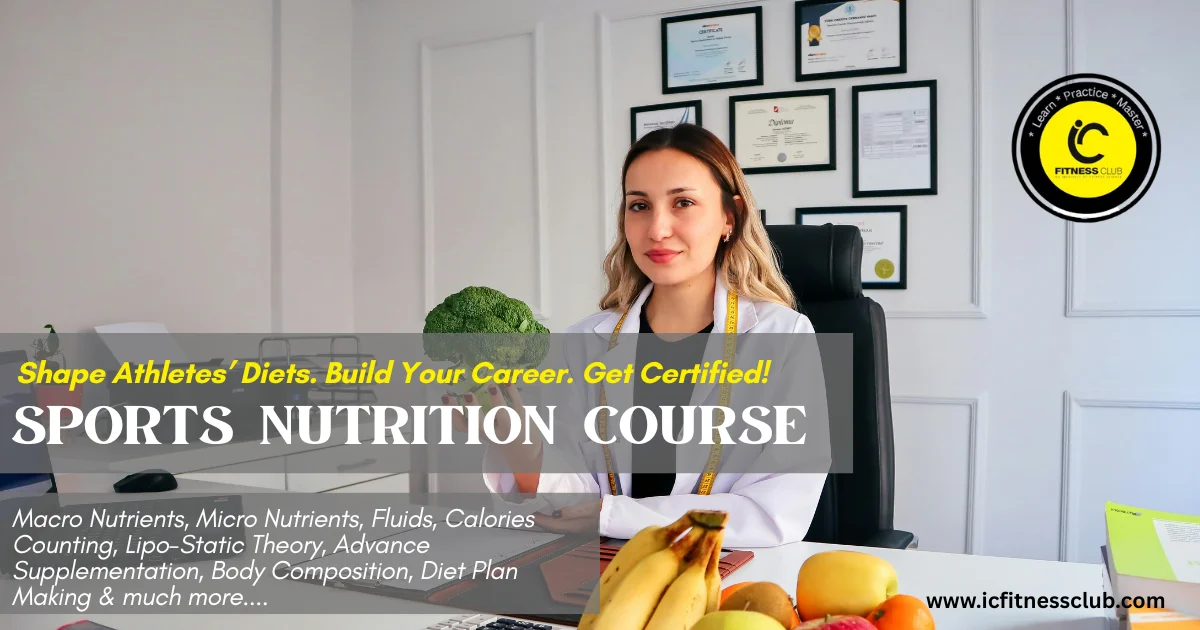






 Need help?
Need help?